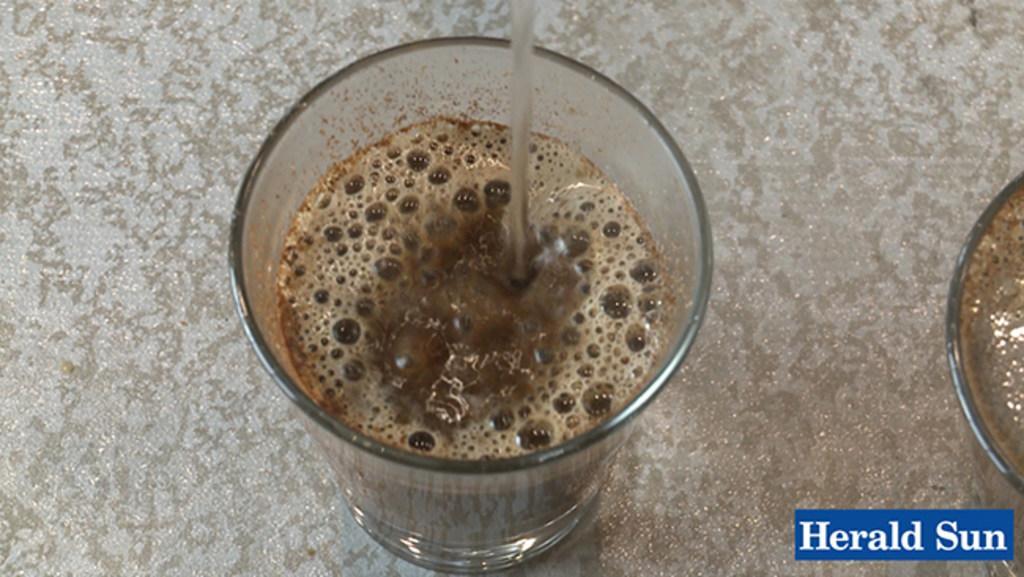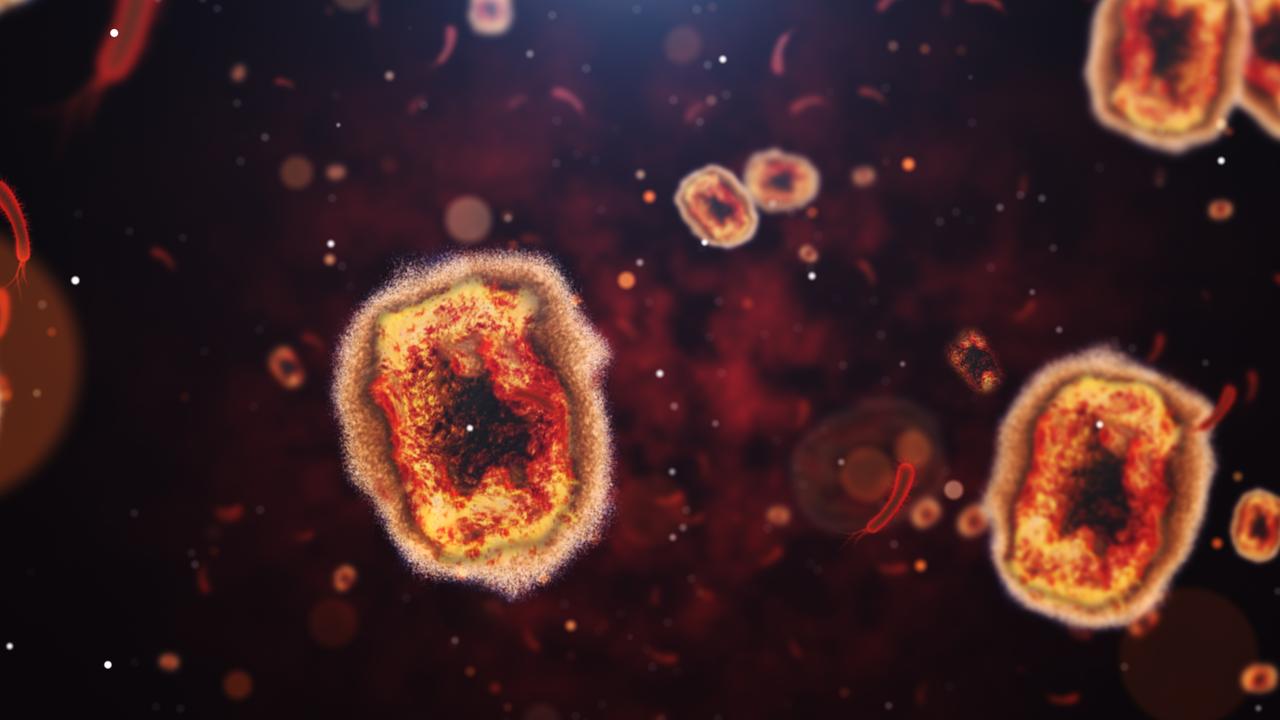Caffeine study by ADF research finds it has no effect on fatigue, but improves performance
AUSSIE defence scientists discover that caffeine won’t stop you feeling drowsy, so why do they say a dose can still help you perform?

CHEWING caffeinated gum could help keep sleep-deprived drivers on the road and avoid a crash, according to new Australian Defence Force research.
A new study of heavily fatigued drivers found those dosed with caffeine had a much lower incidence of errors despite their increasing drowsiness, with benefits for civilians as well as soldiers.
CELEBRATE: It’s international coffee day
COFFEE CAPITAL: Where to find Melbourne’s best coffee
MELBOURNE’S BEST: What you get for a $30 coffee
While they may have been able to preform better while tired, the study presented at the Australian Psychological Society conference yesterday found caffeine was only marginally effective in preventing drivers becoming drowsy in the first place.
The study was undertaken to find ways to reduce fatigue for army teams and individuals, however Chief Defence Scientist Dr Alex Zelinsky said the findings have significant implications the general population and especially emergency services and long-haul transport workers.
Kayla Johnson said consuming caffeine could be a strategy to reduce the impact of fatigue.
“In real life you often don’t have the luxury of stopping when you’re tired, so you need some compensatory strategies to combat cognitive fatigue, and when you’re driving this is particularly important because of road safety”.
During the study participants were kept awake for 50 hours while having to undertake 15 40-minute driving sessions on a simulator.
Those who had caffeinated gum outperformed those who had a placebo gum, with infra-red sensor recording their blink velocity and lane keeping and speed variability used to assess driving abilities.
The dose of caffeine in gum is able to be absorbed by into the human brain in just 10 minutes and has an impact for 90 minutes.
However, the caffeine consumed in a cup of coffee takes between 30 and 90 minutes to be absorbed into the brain and the defence researchers said it was “unpredictable” how long it will remain active.
Originally published as Caffeine study by ADF research finds it has no effect on fatigue, but improves performance



